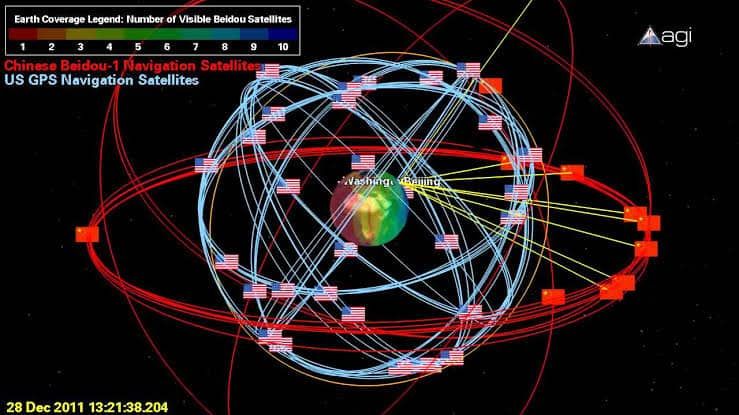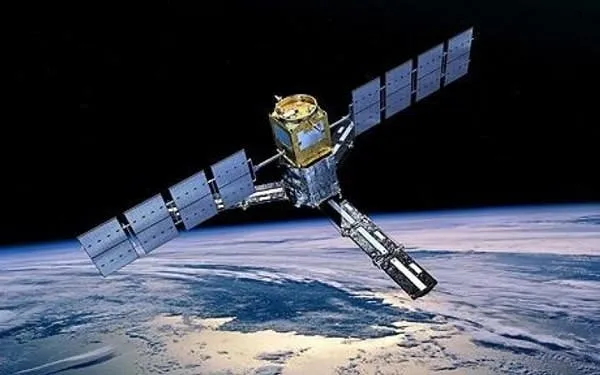China has finally launched the last satellite of the BDS-3 cluster which will enable its BeiDou navigation system. This completes the long list of 30 satellites thereby achieving a two-decade-long mission of rivalling the likes of GPS, GLONASS, and Europe’s GALILEO.
The last satellite of the BDS-3 (BeiDou Navigation Satellite System), the BeiDou-3GE03 was launched into orbit today. The Long March 3B rocket carried it from Xichang Satellite Center in Sichuan province, China. The lift-off which exactly happened at 9:43 am Beijing time, was surprisingly broadcasted live as well.
How does BDS-3 cluster function?
The BDS-3 range of satellites works like any other navigation satellite. It transmits a signal which will be received by BeiDou and other GPS-enabled smartphones. The message will generally include the satellite’s orbital position along with the time of the ping.
Users can proceed with the navigation on receipt of accurate info from at least four satellites. With the launch of its last satellite, China’s BDS-3 completes the whole network of BeiDou navigation satellites and hopes to rival USA’s GPS, Russia’s GLONASS.
A look back at BeiDou

BeiDou, which is a Chinese term named after the Big Dipper constellation of Ursa Major, requires at least 30 satellites to work at a given point to work flawlessly. Inspired by the asterism of Big Dipper, the network includes satellites positioned in three different orbits.
As early as 1990, China started working on an indigenous navigation system. After launching its first satellite in 2000, the company carried a series of missions from 2009 to build the BDS-3 system before getting it commercially running in 2012.
Though early access of the BeiDou was limited to the Asia-Pacific region, China managed BeiDou to be up and running worldwide by 2018. The last iteration of the BDS-3 network aims to improve signal strength and coverage across the world.
BeiDou Prospects: Positive vibes in the Chinese tent
Higher bandwidth, enhanced communication, and improved timing of navigation with the help of atomic clocks are said to be the benefits of the newer BDS-3. The service will now allow millions of devices to find restaurants and cinemas, guide taxis, fly UAV drones etc.
Experts believe China will be a key player in the Billion-Dollar navigation services market in future. Astronomer Jonathon McDowell told AFP that completion of the BDS-3 network to be a big event. That being said, let's hope China becomes more independent from the US and European systems with BeiDou.






Place comments
0 Comments
You are currently seeing only the comments you are notified about, if you want to see all comments from this post, click the button below.
Show all comments